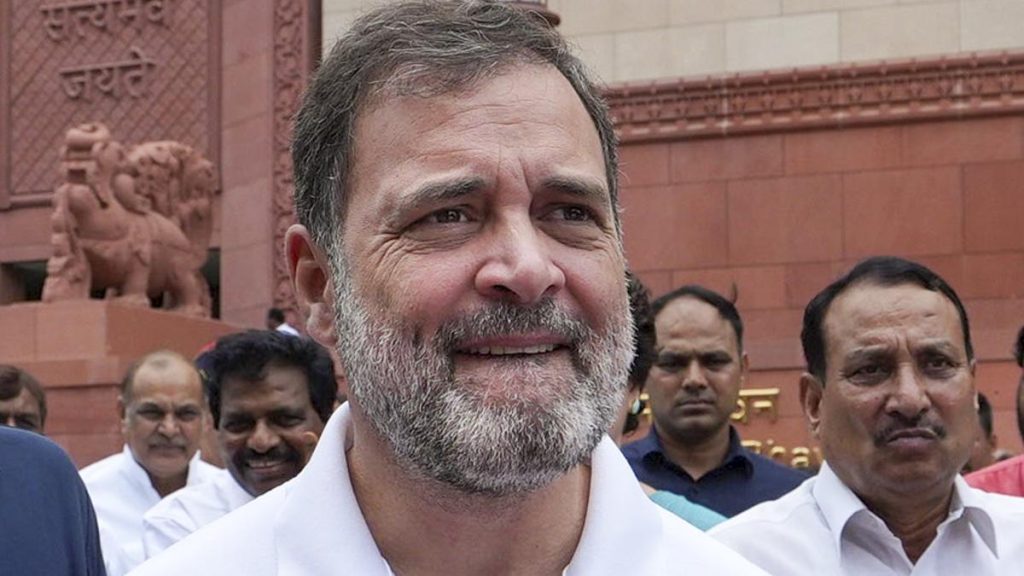Now Reading: Future of Biden’s Climate Law: Controversial Provisions Under Spotlight
-
01
Future of Biden’s Climate Law: Controversial Provisions Under Spotlight
Future of Biden’s Climate Law: Controversial Provisions Under Spotlight

Speedy Summary
- Fossil fuel company ExxonMobil has recently promoted carbon capture and storage (CCS), conducting educational camps for students to simulate reservoir creation using everyday objects.
- CCS technology is designed to store harmful industrial emissions underground, but many environmentalists and scientists argue its efficacy and impact on fossil fuel dependence are questionable.
- Tax credit for carbon capture ($60-$85 per ton of CO2 captured) remains intact in the U.S., despite House Republicans proposing aggressive cuts to renewable energy tax credits under the Inflation Reduction Act (IRA).
- Approximately 60% of captured CO2 is used for “enhanced oil recovery,” which critics say directly benefits fossil fuel companies at taxpayer expense,raising questions around public subsidies.
- concerns exist over minimal oversight between agencies monitoring carbon leaks and inefficiencies in technical implementations of CCS facilities.
- The first commercial CCS facility in Illinois leaked concentrated CO2 into local drinking water sources; issues with scalability, safety risks, and increased energy demands continue to plague its feasibility.
- Backlash exists against prioritizing CCS tax incentives amidst simultaneous reductions in crucial social programs like Medicaid. Experts estimate such subsidies could cost U.S. taxpayers $800 billion by 2040.
Indian Opinion Analysis
india faces similar challenges as it navigates climate action while sustaining economic growth reliant on heavy industries such as steel, cement, ammonia production, and coal-based power plants.While ExxonMobil’s support for CCS suggests industry alignment with climate goals abroad, India must critically evaluate whether technologies like CCS are a viable cornerstone for reducing emissions or merely a temporary solution that delays transitions toward renewables.
The high costs associated with subsidizing unproven methods like enhanced oil recovery underscore lessons India must weigh carefully-whether public funds should prioritize experimental yet potentially unsustainable solutions at the expense of robust social or green infrastructure development. Moreover, effective monitoring mechanisms woudl be essential if implementing any CCS-related policies as poor oversight can lead to significant environmental damage or operational inefficiencies.
With increasing global scrutiny over carbon credits benefiting large polluters more than small businesses or households vulnerable due to rising climate impacts-including extreme weather patterns seen across India-the nation might benefit more from stronger incentives toward renewable energy sectors rather than heavier reliance on uncertain pathways like carbon capture.
























